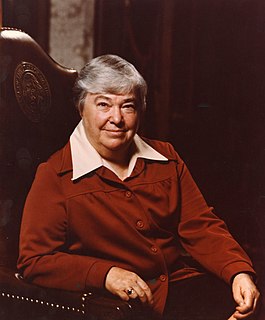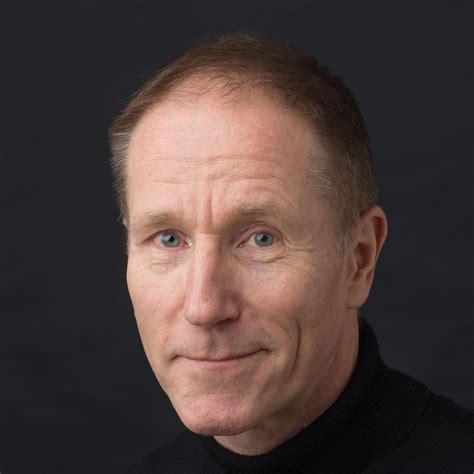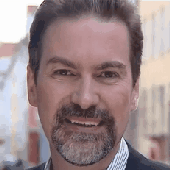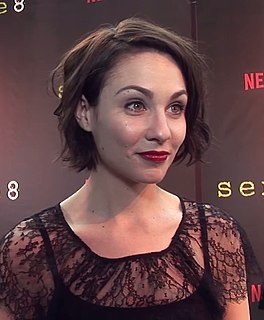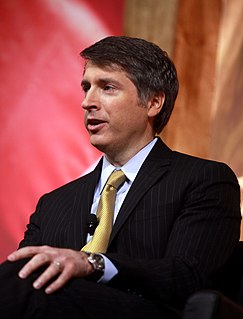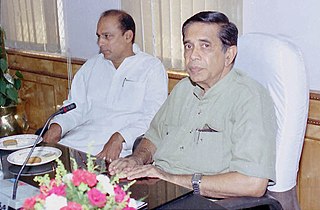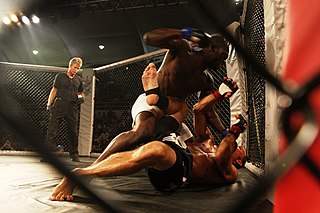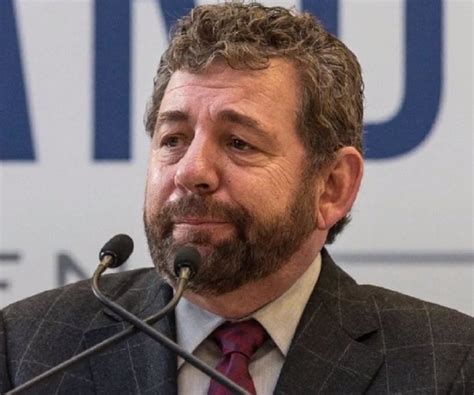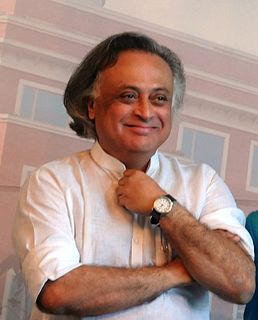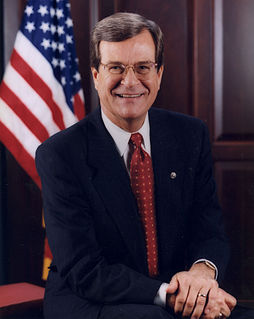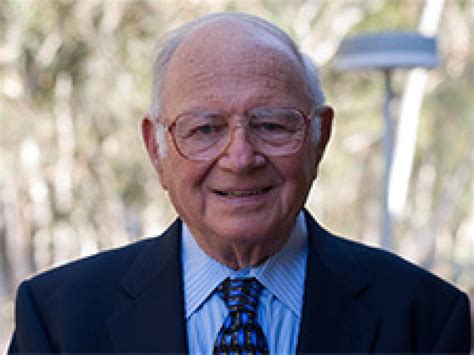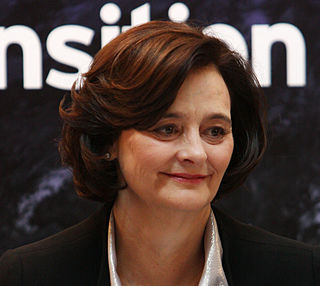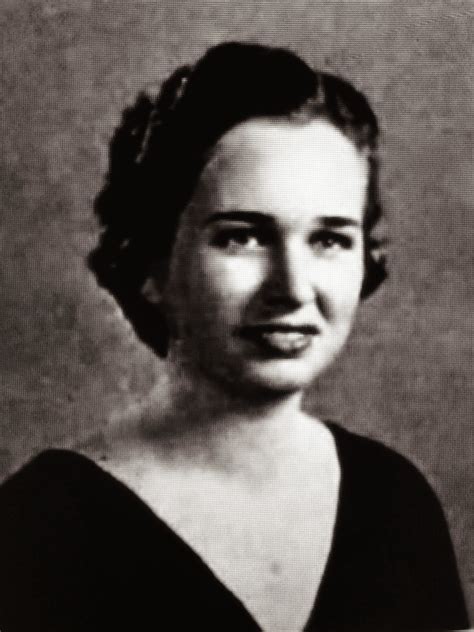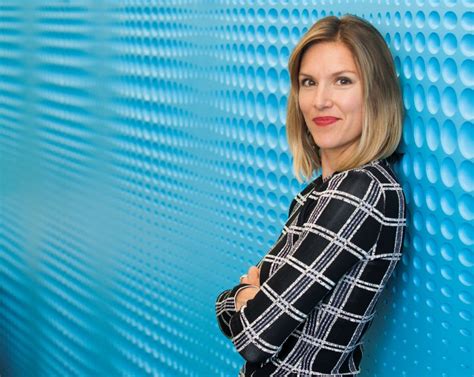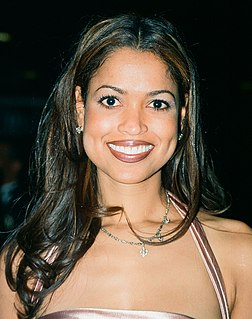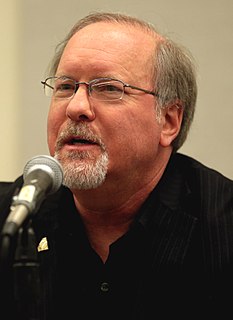Top 1200 Big Decisions Quotes & Sayings - Page 4
Explore popular Big Decisions quotes.
Last updated on April 19, 2025.
The truth is few people “think” big and even fewer “play” big. Why? Because “big” often means big responsibilitie s, big hassles and big problems. They look at that “bigness” and shrink. They’re smaller than their problems. They back away from challenges. Ironically, they back themselves into the biggest problem of all ... being broke, or close to it.
If we all make systematic mistakes in our decisions, then why not develop new strategies, tools, and methods to help us make better decisions and improve our overall well-being? That's exactly the meaning of free lunches- the idea that there are tools, methods, and policies that can help all of us make better decisions and as a consequence achieve what we desire-pg. 241
In the Washington soft money game, big business and big labor are accomplices working together to protect the mushy middle of big government, with plenty of special interest plums: Big unions get big spending and big business gets corporate welfare and special tax breaks - all at the expense of average Americans.
